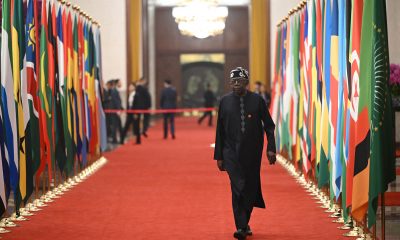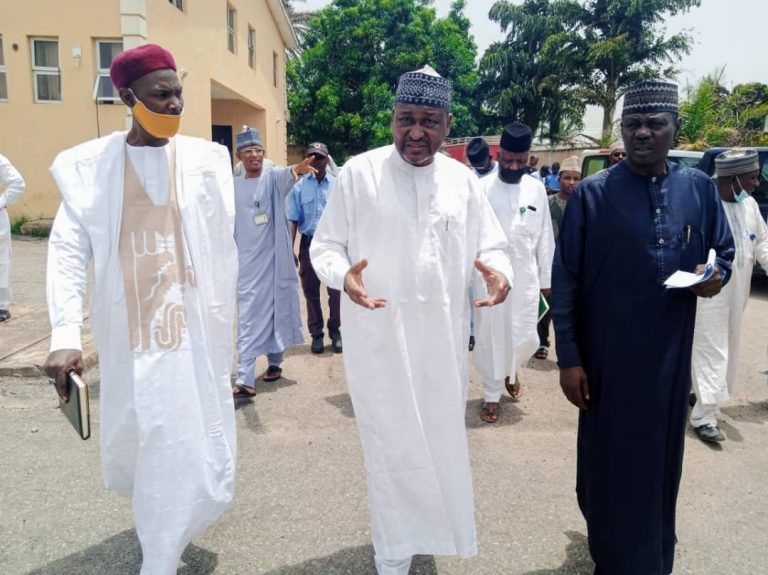The National Board for Technical Education (NBTE) said it would push for the establishment of more vocational institutes to produce the skilled manpower needed to drive the nation’s economy.
The Executive Secretary of the board, Prof. Idris Bugaje, stated this in an interview with the News Agency of Nigeria (NAN) in Kaduna on Wednesday.
Bugaje, who was recently appointed by President Muhammadu Buhari, explained that the country’s polytechnics have all along been providing technical education and very little vocational training.
“Polytechnics have all along been doing technical education and very little vocational training, and that is where the actual employability of Nigerians lie.
“Vocational education deals with skills and that is the track I intend to revamp.
“I intend to establish Zonal Offices across the geo-political zones so that they will do advocacy to industries and the state governments in their zones, so that young people can be enrolled into vocational training.
“We will also push for the establishment of new vocational institutes.
“The reason is at the moment, there are three times more universities than polytechnics and it is supposed to be in the reverse order.
“For every university, there should be five polytechnics and for every polytechnic, you need vocational training centres in equal or more than that number,” he said.
The NBTE executive secretary said the vocational sector has not been properly handled whilst most of the technical education curriculum has not been reviewed for over 20 years.
He assured that the NBTE would do a lot of advocacies for people to understand the value of technical and vocational education and bring all relevant stakeholders, particularly the industries on board.
Bugaje said that although the Federal Government had in 2017 approved the National Skills Qualification Framework, its implementation has not been well articulated.
He said within the next one year, the NBTE would develop vocational track across polytechnics and new institutions that will be established, so that Nigerians can be properly provided skills training.
“We need to also advocate for industries to bring them on board so that whatever training we provide to the students in Nigeria should be relevant to the needs of industries.
“Otherwise, you will graduate students with Higher National Diploma (HND) and they will go to the industries and will not fit. The industries will have to spend money to train them again.
“Skills are changing and the technology for running industries is changing.
“If you take the textile industry for example, modern skills for textile are highly computerised.
“The textile mills of 30 years ago cannot operate today, if they operate, they will not make money, they will be making losses.
“So, we need to, therefore, change our training, change our curriculum and change our National Occupational Standard to fit with this new development,” he said.
Bugaje also pledged to find a way to boost the morale of NBTE staff through training and ensure interaction more closely with polytechnics to enhance the board’s regulatory functions.
On the ongoing strike by polytechnics lecturers, Bugaje said he would engage the National Executives of Academic Staff Union of Polytechnics (ASUP) “so that we can see what can be done about incessant strikes in polytechnics.”
““I believe we are all Nigerians, and we are all interested in the progress of this sector.
“I see ASUP as a very important stakeholder. We do not have to wait for a strike to engage them. We will have an open door, engage them, value them, listen to them, discuss with them, and do the doable.
“That which cannot be done they will see it clearly and very soon the ASUP strike will come to an end,”he said.

 Latest6 days ago
Latest6 days ago
 Trends7 days ago
Trends7 days ago
 Health1 week ago
Health1 week ago
 Football1 week ago
Football1 week ago
 Football1 week ago
Football1 week ago
 Latest1 week ago
Latest1 week ago
 Health1 week ago
Health1 week ago
 Latest1 week ago
Latest1 week ago

